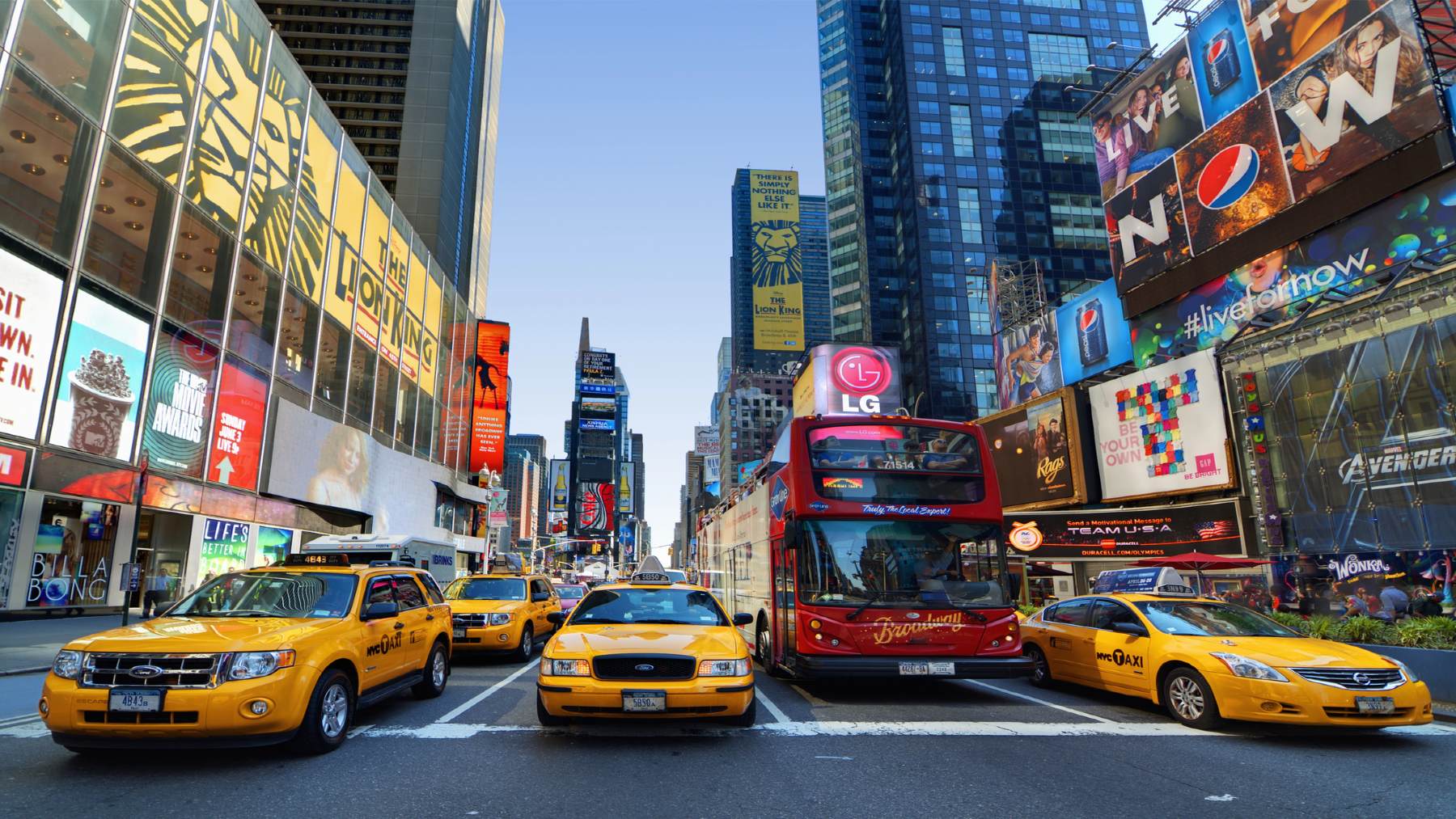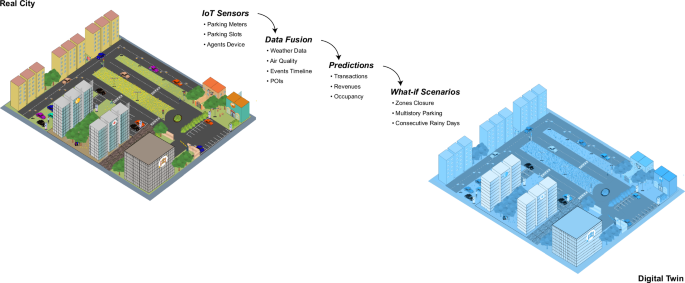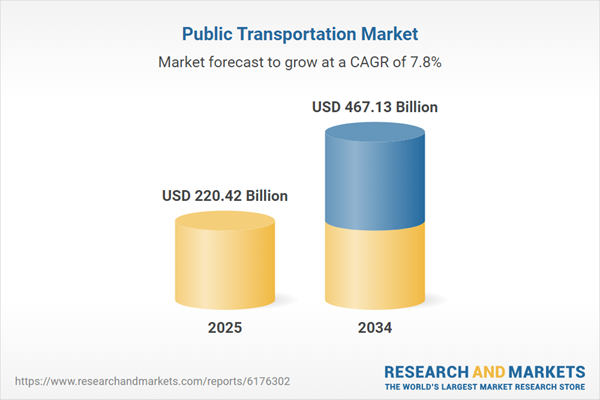Film Project ‘Malika’ Aligns with Sustainable Development Goals
Project Overview
A forthcoming biographical film, “Malika,” directed by Mounia Meddour, will chronicle the life of Malika Bellaribi, a French-Algerian singer who rose from an underprivileged background to international acclaim. The project centers on themes of resilience, social mobility, and the therapeutic power of art, aligning with several key United Nations Sustainable Development Goals (SDGs). The film will star Lilya Adad in the lead role, supported by a cast including Elsa Zylberstein, Lubna Azabal, and Camille Razat.
Core Thematic Alignment with Global Goals
The narrative of “Malika” provides a compelling case study for the advancement of the SDGs. The story follows a protagonist who navigates poverty, severe health challenges, and systemic inequality to achieve personal and professional fulfillment. The film’s focus on reconstruction, identity, and empowerment through education and the arts directly supports a framework for sustainable and inclusive societal development.
Detailed SDG Analysis
-
SDG 1: No Poverty & SDG 10: Reduced Inequalities
The film directly addresses these goals by depicting its protagonist’s upbringing within a poor immigrant family in an underprivileged Parisian suburb. It explores the socio-economic barriers and systemic racism faced by Algerian immigrants in France during the 1960s and 1990s, highlighting the challenges of inequality based on origin and economic status.
-
SDG 3: Good Health and Well-being
A central plot point is Malika’s recovery from a severe accident that left her hospitalized for years. Her journey of physical rehabilitation and healing through music underscores the importance of both physical and mental well-being. The narrative showcases art as a redemptive and therapeutic tool for overcoming trauma.
-
SDG 4: Quality Education
The role of an unconventional professor in Malika’s recovery and artistic development emphasizes the transformative power of quality education and mentorship. The story champions arts education as a vital component for personal growth, healing, and empowerment, particularly for individuals from marginalized communities.
-
SDG 5: Gender Equality
Consistent with director Mounia Meddour’s previous works, “Papicha” and “Houria,” “Malika” centers on a strong-willed female character fighting for freedom and self-realization. The film serves as a powerful narrative on female empowerment, illustrating one woman’s determination to overcome patriarchal and societal constraints to achieve her dream.
Production and Creative Vision
Director Mounia Meddour aims to create an immersive biopic that transcends traditional aesthetics. The production, led by Jade Films, Apaches Films, and High Sea Production, intends to utilize a complex sound design and intimate cinematography to highlight the protagonist’s emotional journey. The creative team’s focus on themes of survival, freedom, and resilience reinforces the project’s alignment with global development objectives.
- Director: Mounia Meddour
- Lead Cast: Lilya Adad, Elsa Zylberstein, Lubna Azabal
- Core Themes: Resilience, Identity, Social Justice, Female Empowerment
- Primary SDGs Addressed: 1, 3, 4, 5, 10
Analysis of Sustainable Development Goals in the Article
1. Which SDGs are addressed or connected to the issues highlighted in the article?
- SDG 3: Good Health and Well-being: The article highlights the protagonist, Malika Bellaribi, surviving a severe accident and trauma. It mentions she “spent years lying on a hospital bed and undergoing rehabilitation” and was able to “heal herself through music and singing,” which connects directly to physical and mental well-being.
- SDG 5: Gender Equality: The film focuses on the true story of a woman, Malika Bellaribi, who achieved her dream despite significant adversity. The director’s previous films also “revolved around strong-willed female characters fighting for survival and freedom,” emphasizing themes of female empowerment and resilience.
- SDG 10: Reduced Inequalities: The article explicitly states that the film will explore “the Algerian immigrant experience and racism in 1960s and 1990s France.” This directly addresses inequalities based on origin, race, and ethnicity. The story of a woman from an “underprivileged suburb” achieving international renown is a narrative about overcoming systemic inequality.
- SDG 16: Peace, Justice, and Strong Institutions: By tackling the theme of “racism,” the film touches upon issues of social justice and discrimination, which are central to SDG 16’s goal of promoting just, peaceful, and inclusive societies.
2. What specific targets under those SDGs can be identified based on the article’s content?
- Target 3.4: By 2030, reduce by one third premature mortality from non-communicable diseases through prevention and treatment and promote mental health and well-being. The article’s focus on Malika’s recovery from “trauma” and her ability to “heal herself through music and singing” directly relates to the promotion of mental health and well-being.
- Target 5.5: Ensure women’s full and effective participation and equal opportunities for leadership at all levels of decision-making in political, economic and public life. Malika’s story of achieving her dream to become a “renowned lyrical singer” who performed at “the Scala in Milan” and received a prestigious state award is a clear example of a woman achieving success and recognition in public and cultural life.
- Target 10.2: By 2030, empower and promote the social, economic and political inclusion of all, irrespective of age, sex, disability, race, ethnicity, origin, religion or economic or other status. The film’s narrative about a “French-Algerian woman who grew up in the Parisian projects” and came from a “poor family of Algerian immigrants” overcoming “racism” to achieve success is a powerful illustration of social and economic inclusion.
- Target 16.b: Promote and enforce non-discriminatory laws and policies for sustainable development. The film’s exploration of “racism in 1960s and 1990s France” highlights the societal challenge of discrimination, implicitly advocating for the importance of non-discriminatory practices and policies for an inclusive society.
3. Are there any indicators mentioned or implied in the article that can be used to measure progress towards the identified targets?
- Qualitative Indicator for Target 3.4: The article implies the use of arts and culture as a tool for healing and well-being. Malika’s story, where she “was able to heal herself through music and singing,” serves as a narrative indicator of the positive impact of artistic engagement on mental and physical health recovery.
- Qualitative Indicator for Target 5.5: The protagonist’s achievement of receiving the “prestigious award of Knight of the Order of Arts and Letters from the French government in 2012” is a concrete, albeit individual, indicator of women’s recognition and participation in public and cultural life.
- Qualitative Indicator for Target 10.2: The film “Malika” itself can be seen as a cultural indicator. By focusing on “the Algerian immigrant experience,” it contributes to the visibility and representation of marginalized communities in mainstream media, which is a measure of social inclusion.
4. SDGs, Targets, and Indicators Table
| SDGs | Targets | Indicators (Implied from the article) |
|---|---|---|
| SDG 3: Good Health and Well-being | 3.4: Promote mental health and well-being. | The narrative of healing from physical and mental trauma “through music and singing.” |
| SDG 5: Gender Equality | 5.5: Ensure women’s full and effective participation and equal opportunities for leadership in public life. | A woman from a marginalized background becoming a “renowned lyrical singer” and receiving a prestigious national award (“Knight of the Order of Arts and Letters”). |
| SDG 10: Reduced Inequalities | 10.2: Empower and promote the social, economic and political inclusion of all, irrespective of origin, race or economic status. | The film’s focus on the “Algerian immigrant experience” and “racism,” highlighting the story of an individual overcoming socio-economic and racial barriers. |
| SDG 16: Peace, Justice, and Strong Institutions | 16.b: Promote and enforce non-discriminatory laws and policies for sustainable development. | The artistic exploration of historical and ongoing “racism” serves as a cultural commentary on the need for social justice and non-discrimination. |
Source: variety.com






